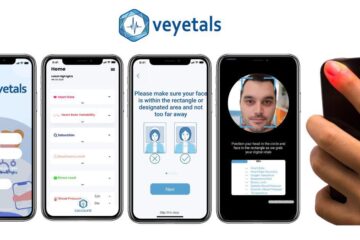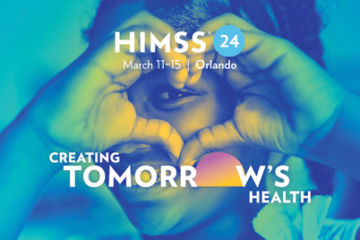Image Credit: Canva
In recent years, the healthcare industry has witnessed a remarkable transformation with the integration of artificial intelligence (AI) technologies. One such application is the use of chatbots and virtual assistants, which have revolutionized patient engagement and support. These AI-powered tools offer numerous benefits, including 24/7 availability, personalized assistance, and efficient communication. In this blog post, we will explore the role of chatbots and virtual assistants in healthcare, their advantages, and how they contribute to enhancing patient engagement and support.
Enhanced Accessibility and Availability: Chatbots and virtual assistants provide round-the-clock availability to patients, offering immediate access to healthcare information and support. Patients can interact with these AI tools via messaging platforms, websites, or mobile applications, eliminating the need to wait for office hours or navigate through complex phone menus. The 24/7 accessibility of chatbots ensures that patients can receive prompt responses to their inquiries, enhancing convenience and reducing frustration.
Personalized Patient Assistance: AI-powered chatbots and virtual assistants have the ability to provide personalized patient assistance based on individual needs and medical history. By leveraging machine learning algorithms, these tools can analyze patient data and tailor responses accordingly. Chatbots can answer questions, provide educational materials, schedule appointments, and even offer medication reminders. Virtual assistants can assist with complex tasks such as medication management, dietary recommendations, or tracking vital signs. This personalized assistance fosters patient empowerment and engagement in their healthcare journey.
Efficient Triage and Guidance: Chatbots and virtual assistants can play a crucial role in triaging patients by assessing their symptoms and providing appropriate guidance. By using natural language processing algorithms, these AI tools can analyze patient descriptions of their symptoms and offer preliminary assessments or recommendations. They can direct patients to the appropriate level of care, such as suggesting self-care measures for minor ailments or advising immediate medical attention for more serious conditions. This triage function helps streamline healthcare resources and improves patient outcomes by ensuring timely and appropriate care.
Continuous Monitoring and Follow-up: Chatbots and virtual assistants can facilitate continuous monitoring and follow-up care for patients. These AI tools can send automated reminders for medication adherence, track symptoms or progress over time, and offer support for chronic condition management. By gathering and analyzing patient-generated health data, chatbots and virtual assistants can detect patterns or anomalies, alert healthcare providers about potential issues, and prompt interventions. This continuous support enhances patient engagement and assists in proactive healthcare management.
Emotional Support and Mental Health Assistance: Patient engagement and support extend beyond physical health concerns. Chatbots and virtual assistants are also equipped to offer emotional support and mental health assistance. By using natural language processing and sentiment analysis, these AI tools can identify emotional cues and provide appropriate responses. They can offer coping strategies for stress management, provide resources for mental health support, or direct patients to appropriate mental health professionals. This integration of emotional support within AI platforms helps address holistic patient well-being.
Conclusion: Chatbots and virtual assistants powered by AI technology have emerged as valuable assets in patient engagement and support. Their 24/7 availability, personalized assistance, efficient triage, continuous monitoring, and emotional support contribute to enhanced patient experiences and improved healthcare outcomes. As these AI tools continue to evolve and advance, we can expect even greater contributions in patient engagement, empowerment, and support, transforming the way healthcare is delivered and experienced.
Introducing Veyetals, the cutting-edge contactless vitals monitoring app that is revolutionizing healthcare management. Our cloud-based API is lightweight and seamlessly integrates with the healthcare apps and platforms that matter to you most. With Veyetals, you can measure patient vitals in real-time, enhancing the continuum of patient care and improving health outcomes.
But Veyetals doesn’t stop there. Our app is interoperable with other health management solutions, ensuring information sharing between different systems and providing a holistic view of patient health. Plus, our easy-to-use interface makes it simple for healthcare providers to stay on top of vital signs and respond quickly to changes in patient health.
Ready to join the future of healthcare management? Contact us HERE to learn more about Veyetals. And don’t forget to follow us on LinkedIn for the latest updates and insights.



